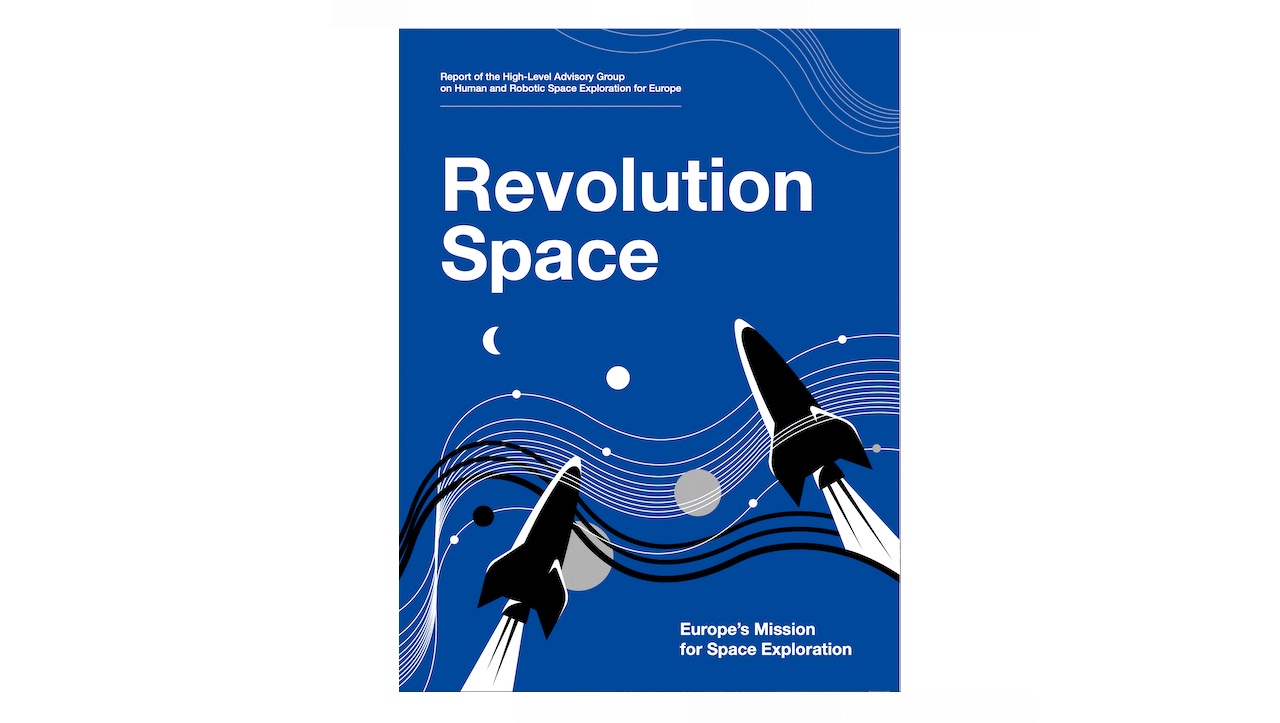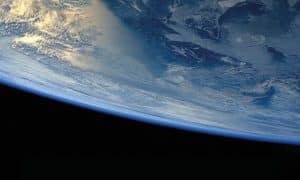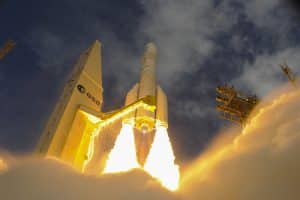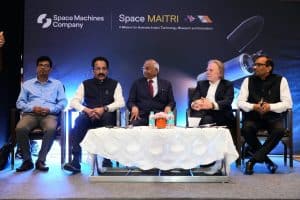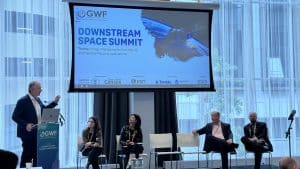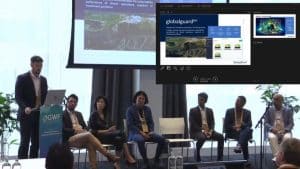A panel of independent experts, including former Secretary General of NATO Anders Fogh Rasmussen, has called on the European Space Agency (ESA) to significantly increase its autonomy in human and robotic space exploration.
Anders Fogh Rasmussen, former Danish Prime Minister, introduced the report with a vibrant and applauded speech calling for more investment in space exploration. “Let us be bold, let us put Europe at the forefront of space exploration!” he said, adding that “If we fail to do so, we will fall behind and become dependent of others”.
The 12-strong star-studded group, known as the “High Level Advisory Group” (HLAG), presented its independent report on the state of European space exploration to the 315th session of the ESA Council at ESA Headquarters in Paris on 23 March 2023.
In “Revolution Space: Europe’s Mission for Space Exploration”, the group argues that human space exploration is undergoing a revolution, which Europe cannot afford to miss.
“Countries and regions that will not secure their independent access to space and its autonomous use, will become strategically dependent and economically deprived of a major part of this value chain. Europe’s goal should be to capture one third of this future market,” the report states.
The HLAG, which includes leaders across industry, government, academia and civil society, was established in the summer of 2022 at the request of ESA’s Council.
It was mandated to provide an independent and objective assessment on the geopolitical, economic and societal relevance of human and robotic space exploration for Europe, and recommended to ESA to ‘act visionary’, ‘act differently’ and ‘act now’ on space exploration.
In its report, the HLAG notes that Europe has no independent human launch capacity and therefore relies on non-European partners to send humans to space, which is threatening its future as a credible actor on the global economic and geopolitical scene.
For this reason, the advisory group insists that Europe needs to significantly increase its investment in human exploration, and develop its own human spaceflight transportation capabilities to secure and foster the benefits of a booming space economy. The report covered human and robotic exploration which are both essential for an exploration strategy.
Meanwhile, it highlights the exponential growth of the total worth of the global space, and contends that “the cost of inaction would far outweigh the necessary investment to establish Europe as a strong and independent space actor.”
The report suggests that greater investment in space exploration will help attract top talent, maintain excellence and unite Europe through a grand vision. It argues that greater autonomy in this area will make Europe a stronger and more attractive partner for international cooperation.
The advisory group also points out that Europe will have to adopt a new procurement model if it wants to make the most of this space revolution, allowing industry to innovate and flourish while cutting costs.
ESA Director General Josef Aschbacher has welcomed the independent report and the challenge it sets out: “Europe is a technology leader in many domains, from ground transportation to clean energy production and from chip manufacturing to the circular economy. We lead in the space domain too, except for human spaceflight where we have been relying on international partners. We mustn’t let access to space be an area that escapes European expertise and leadership.
The Revolution Space report is a wake-up call for European leaders to act now and not miss this opportunity. ESA has the expertise and the ambition. Together with our innovative industry, ESA can make it happen.”
An ESA Council working group has been set up review the recommendations of the Revolution Space report and prepare for the next Space Summit, which will be held in Sevilla, Spain, on 6 November 2023.


